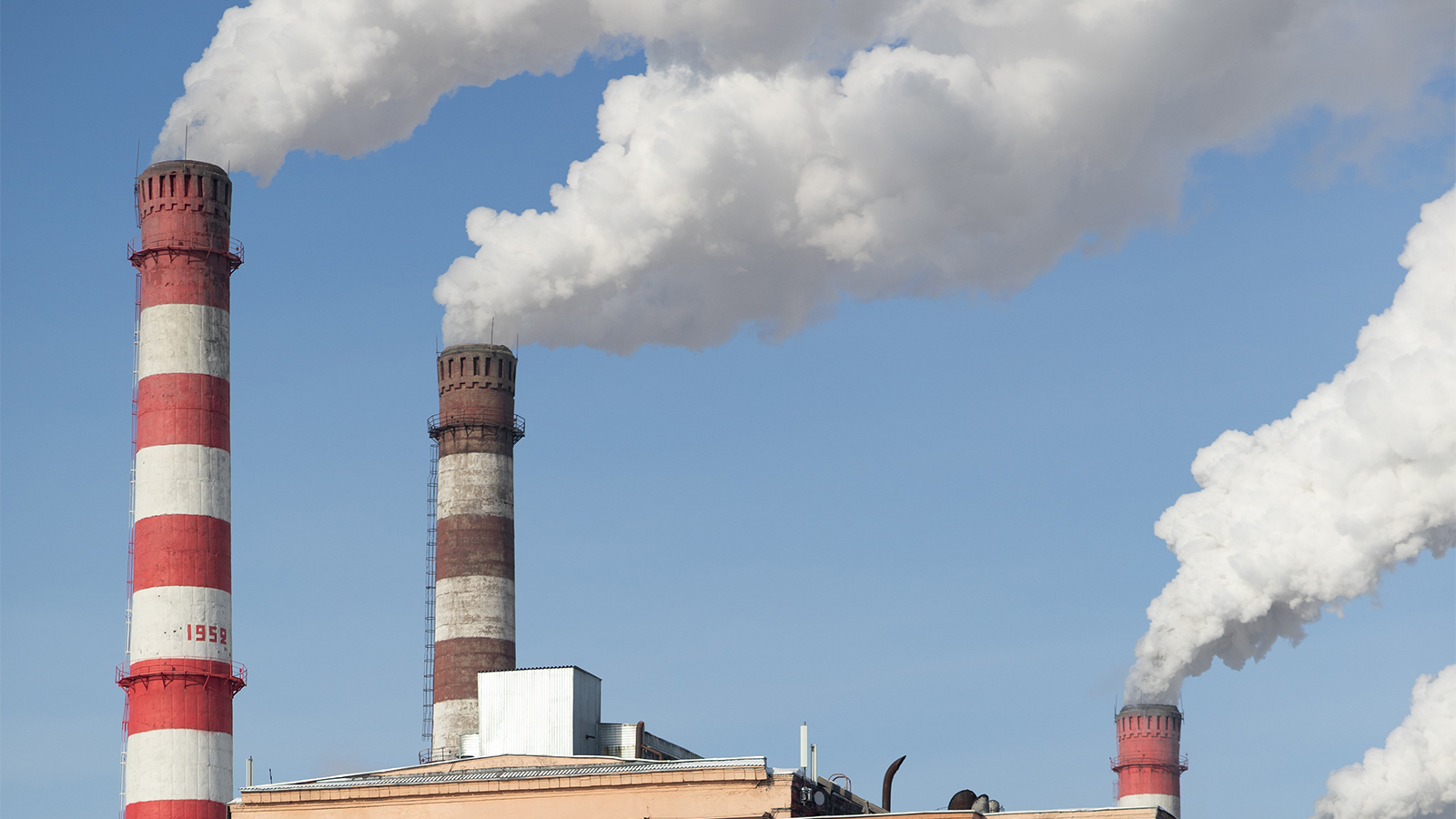The European Commission recently unveiled the details of its REPowerEU plans to increase renewable energy capacity and reduce its dependency on Russian fossil fuels, CNBC reported.
"Shifting away from Russian fossil fuels will also require targeted investments for security of supply in gas infrastructure and very limited changes to oil infrastructure alongside large-scale investments in the electricity grid and an EU-wide hydrogen backbone,” The European Commission said.
As the commission carries out the initiative, it acknowledges the possibilities of existing coal facilities having taken on work for “longer than initially expected,” “with a role for nuclear power and domestic gas resources too,” it reveals.
“You might use coal a bit longer — that has a negative impact on your emissions. But if at the same time, as we propose, you rapidly speed up the introduction of renewables — solar, wind, biomethane — you then have the opposite movement,” EU’s climate chief, Frans Timmermans said, according to CNBC.
According to a CNBC report, the Commission, a 1.5 to 2 billion euros of investment would be required to secure oil supply, and an estimated 10 billion euros will be needed by 2030 to import sufficient liquefied natural gas and pipeline gas from alternative sources.
While outlining the components of the plan, representatives noted their effort to save energy, as well as the acceleration of “Europe’s clean energy transition.” It also reported its willingness to 210 billion euros ($220.87 billion) between 2022 and 2027.
The proposal was highlighted the same day Denmark, Germany, the Netherlands and Belgium confirmed plans to aim for a minimum of 65 gigawatts of offshore wind capacity by 2030, and 150 GW of capacity by the middle of the century.
“These plans are supposed to fast-track the clean energy transition — but the European Commission’s latest strategy gives with one hand and takes with the other. So-called REPowerEU contains useful and necessary strides toward renewable solutions but it simultaneously enables almost 50 fossil fuel infrastructure projects and expansions,” Eilidh Robb, an anti-fossil fuels campaigner at Friends of the Earth Europe, said, CNBC reported.
The agency also proposed to increase the current renewables’ share in the EU’s energy mix target by 5% to 45%. The sustainable initiative also correlates with the EU’s efforts to become carbon neutral by 2050.
“If we can actually do what I say — reduce our energy consumption in combination with a speedier introduction of renewables — we will bring down our emissions even quicker than before,” Timmermans said. “And then, of course we will have slightly higher emissions if people stick a bit longer to coal, but we need to strike the balance so that, on balance, we do not increase our emissions — we hopefully even decrease them more.”

